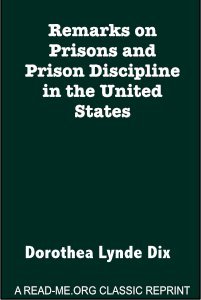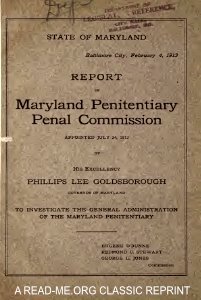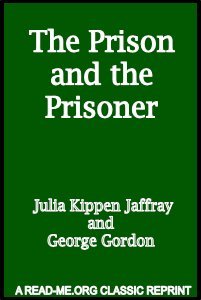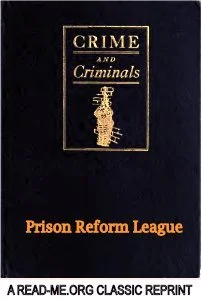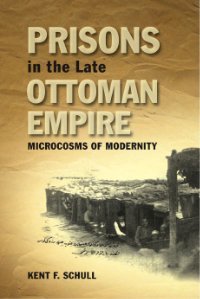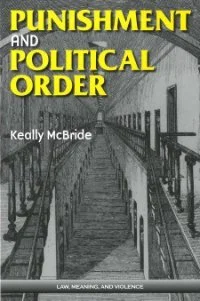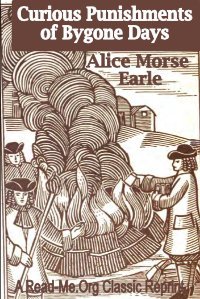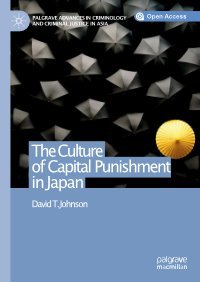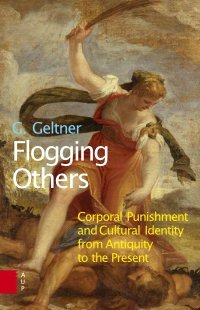By Dorothea Lynde Dix.
“ Society, during the last hundred years, has been alternately perplexed and encouraged, defeated and successful, respecting the two great questions— how shall the criminal and pauper be disposed of, in order to reduce crime and reform the criminal on the one hand, and, on the other, to diminish pauperism and restore the pauper to useful citizenship 1 Though progress has been made, through the efforts of energetic and enlightened persons, directed to the attainment of these ends, all know that society is very far from realizing their accomplishment. We accord earnest and grateful praise to those who have procured the benefits at present possessed ; and, with careful zeal, we would endeavor to advance a work, which succeeding generations must toil to perfect and complete. Moralists and philosophers, with pietists and philanthropists, have urged upon "communities the truer course of employing early preventive measures, rather than expend the energies, at a late period, in futile attempts to govern and lead by correct and virtuous habits, the long-time criminal, and the life-long indolent and ignorant
Boston : Printed by Munroe & Francis, 1845. 108p.


